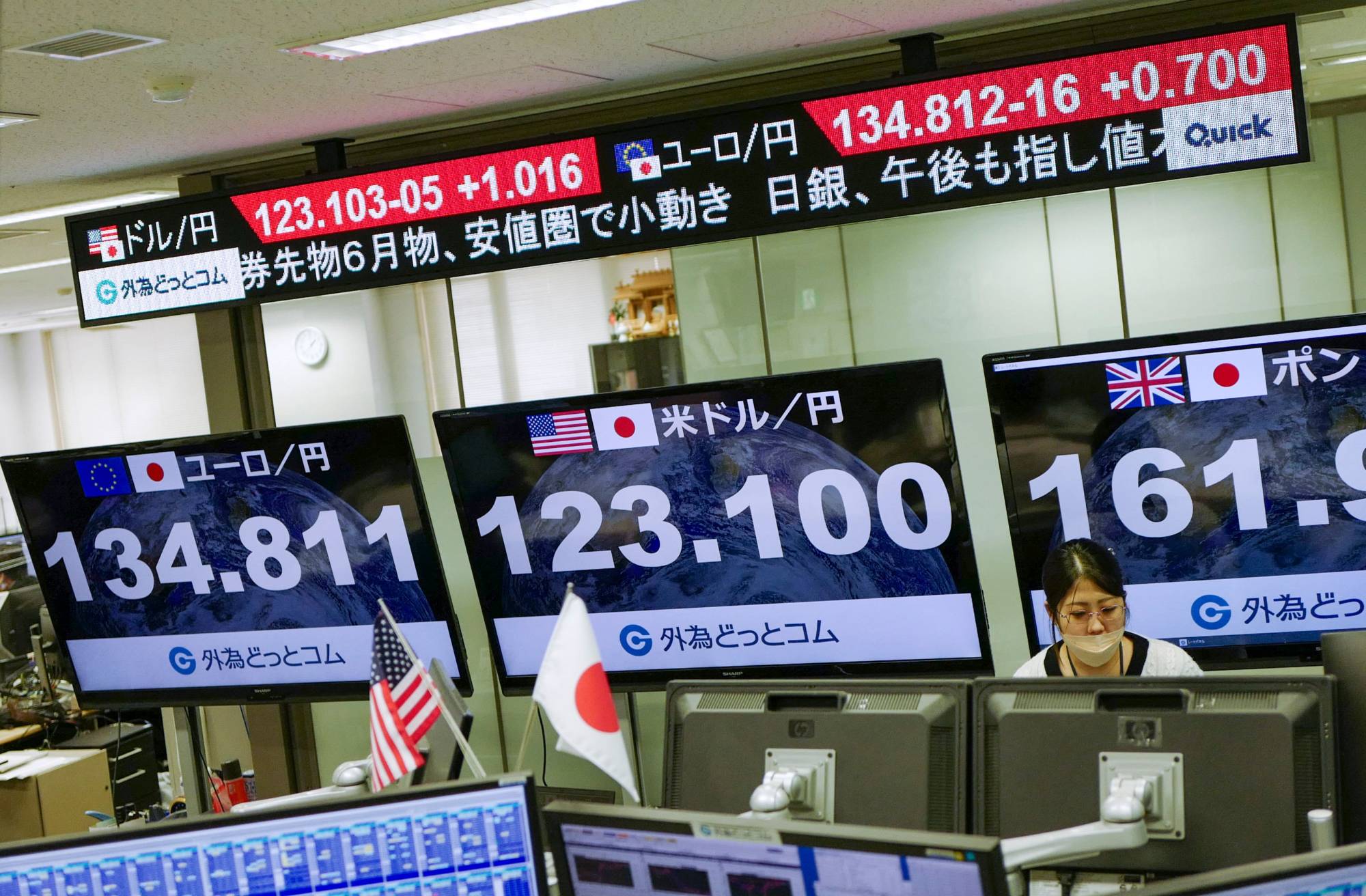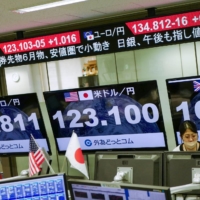Japan should intervene in the currency market or raise interest rates to defend the yen if it weakens beyond ¥130 to the dollar, the country's former top currency diplomat Eisuke Sakakibara said Monday.
Tokyo authorities don't need to take action yet, as the yen's current weakness won't do too much harm to an economy yet to fully emerge from deflation, Sakakibara said.
But if the dollar rises above ¥130, "that could cause problems," said Sakakibara, who is known as "Mr. Yen" for master-minding several currency interventions in the 1990s.
If that level is breached, Japan has the option of conducting dollar-selling, yen-buying intervention or hiking the Bank of Japan's ultralow interest rates, he said.
But Sakakibara, who is essentially the sole currency diplomat in Japan who had experience with both yen-selling and yen-buying intervention, said succeeding in stemming yen falls could be a challenge.
"It's difficult to sell the dollar to arrest declines in the yen," as there are limits to how long Japan can do so by tapping its foreign reserves, he said.
Japan has conducted yen-selling currency intervention numerous times, including in huge sums, as it can finance the operation by printing yen.
Dollar-selling intervention would require tapping Japan's foreign reserves, which are abundant but not without limits.
The views of Sakakibara, who retains close contact with incumbent policymakers, are closely watched by markets due to his experience with currency intervention and a knack for interpreting finance authorities' stance on yen moves.




